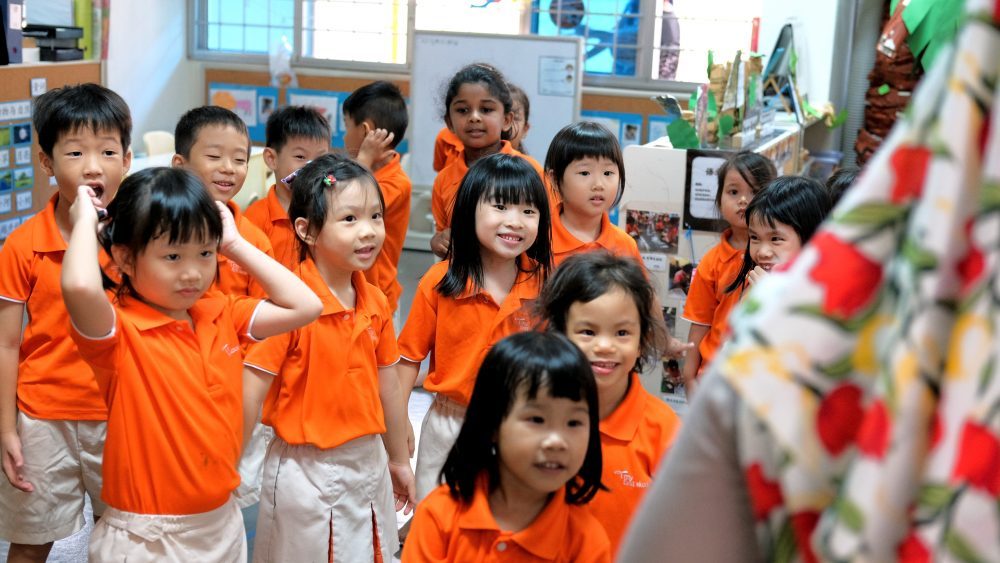In response to the cases of novel coronavirus pneumonia in Wuhan, China, the Ministry of Social and Family Development (MSF) has issued advisories to preschools and student care centres in Singapore on Jan. 22, 2020.
Taking precautionary measures
The advisories inform them about precautionary measures to ensure the well-being of children and staff amidst the outbreak.
MSF also said they are working closely with the community-based and residential facilities under its purview to ensure that the necessary precautionary measures are taken.
This includes Children and Young Persons Homes, Welfare Homes and Disability Homes.
There are currently 571 confirmed cases of the Wuhan pneumonia in China and 17 reported deaths.
There have been no confirmed cases within Singapore as of this article, but the Ministry of Health (MOH) has said that it expects to see more suspect cases and imported cases are given Singapore's position as a travel hub.
Children should stay home if unwell
The MSF remind parents to not send children to school if the child is sick, to prevent the spread of infectious diseases from person to person, or through surfaces which have been contaminated by sick individuals.
Any child or staff who are unwell are advised to seek medical treatment promptly and should rest at home.
They should only return to school or work once they have fully recovered.
Preschool staff are advised to defer non-essential travel to Wuhan during this period, as infants and young children are more vulnerable to infectious diseases.
The Early Childhood Development Agency (ECDA) has also reminded preschools to be vigilant in conducting their regular health checks and to monitor the health of children and staff within the centres.
The ECDA also encourages children and staff in these centres to observe good personal and environmental hygiene, such as ensuring the frequent washing of hands, especially before eating or handling food, after toilet visits, and after coughing or sneezing into hands.
Toys and commonly shared items should also be cleaned at least daily and when contaminated by nasal or oral secretions like mucus and saliva.
Top image file photo by Jiahui Wee
If you like what you read, follow us on Facebook, Instagram, Twitter and Telegram to get the latest updates.
